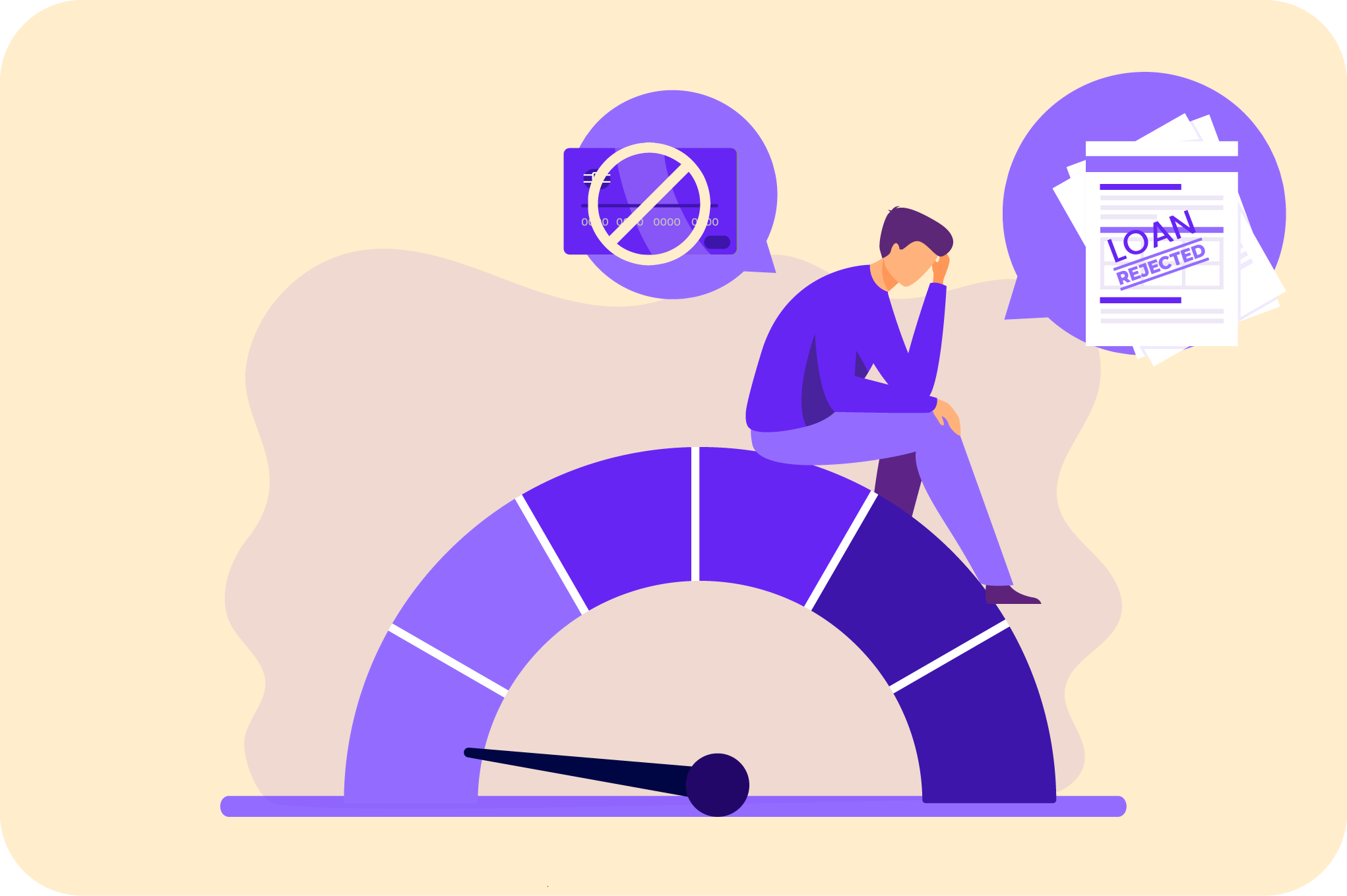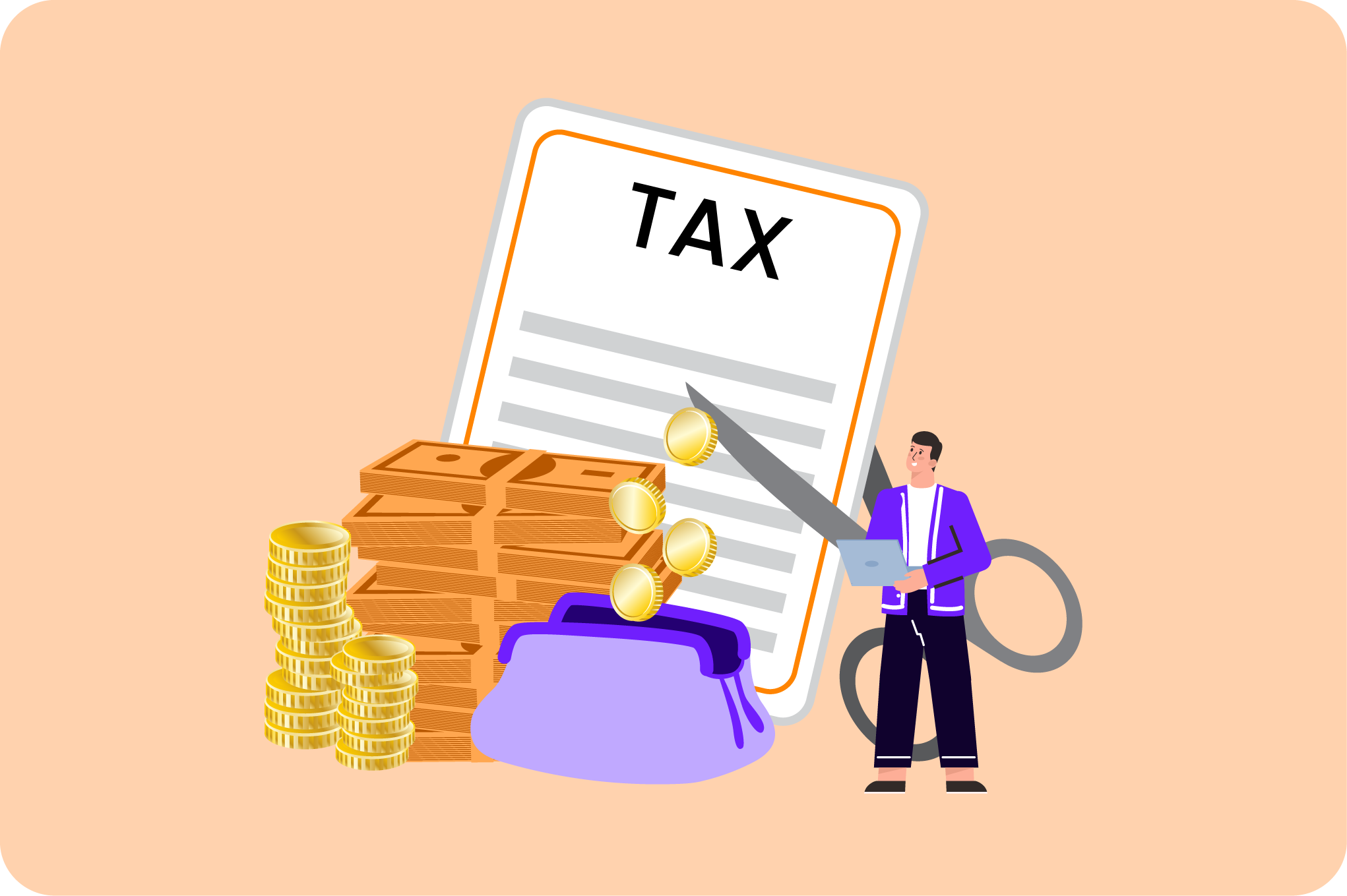Reasons Which Impact Credit Score
The first step towards getting access to any credit product is to build a good credit score. Once you understand what a credit score is and how it works, it can help you in several aspects, like availing better loan deals and credit cards with extra benefits. It is the first thing a possible lender notices when you apply for any loan.
What is Credit Score?
Your credit score numerically represents your ability to repay your debts. This score is given by Credit Rating Bureaus (CRBs) based on your past credit application and repayment behaviour. They accumulate your data from all the financial institutions where you have made any credit transactions or applied for any loans. So, what is a credit score? In simple words, it is a score that defines your creditworthiness.
What Does Your Credit Score Range Indicate?
Now that you know what a credit score is, let us discuss the credit score range and its significance. The credit scores of individuals range between 300 to 900. Different scores indicate different levels of creditworthiness. Take a look at the table below to understand what is a good credit score.
| Credit Score Range | Grade/Creditworthiness | Chance of Loan Approval |
|---|---|---|
| 300 - 599 | Poor | Very Low |
| 600 - 649 | Doubtful | Difficult |
| 650 - 699 | Fair | Possible |
| 700 - 749 | Good | Good |
| 750 - 900 | Excellent | Very High |
The table indicates that a score closer to 900 is considered a good credit score. If your score falls between 300 to 649, most lenders would not be willing to give you a loan. If you somehow manage to get one, the interest rate would be very high.
Factors That Can Affect Your Credit Score
Out of several factors that can affect your credit score, here are five major reasons:
1. Payment History
If you have understood what a credit score is, you would also know what role your payment history plays in building it. It reflects how responsible you are with your finances and how you have managed your payments.
2. Credit Utilisation Ratio
This ratio refers to the sum of all your utilized debt versus the total revolving credit limit available to you. For example, if you have only one credit card with a limit of Rs 10 lakh, an ideal credit utilisation ratio is 30%, which in this case comes to Rs 3 lakh. It means that, even though you have a credit limit of Rs 10 lakhs, you should utilize it judiciously.
3. Age of Credit History
Credit history is the average of your latest and the oldest credit account. An older credit history indicates your ability towards better credit management due to more experience in managing it, thus boosting your credit score.
4. Credit Mix
This is the variety of credit accounts you hold, like a mix of credit cards, mortgage loans, car loans, and education loans. It reflects that you have planned your finances well and can juggle multiple credit accounts efficiently.
5. New Lines of Credit
If you have recently availed loans or even applied for them, it can pull down your credit score. Every time you apply for a loan, the prospective lender makes an inquiry which reflects on your credit report. Multiple inquiries make you look desperate and affect your credit score.

Consequences of Poor Credit Score
Having a poor credit score takes years to reverse and can also cause much stress in the long run. You can face a few consequences due to a poor credit score:
1. Loan Rejections
With a poor credit score, lenders see you as a possible bad debt. In such circumstances, most of them would straightaway reject your loan application.
2. Higher Interest Rates
When a lender believes you carry an increased risk of loan default, they charge a higher interest rate for taking that risk. They might also add some strict repayment terms, making it hard for you to accept the offer.
3. Collateral Against Credit Cards
Credit cards are a type of unsecured loan. Individuals with a poor credit score may be asked to pledge collateral against their credit card. This acts as security for the card issuer in case you default on your bill payments.
Takeaway
Building a good score is a gradual process. It does not happen overnight. If you have a low credit score, then you might want to start working towards building it already. You can improve it with a disciplined attitude towards your finances and responsible choices.



Leave a comment